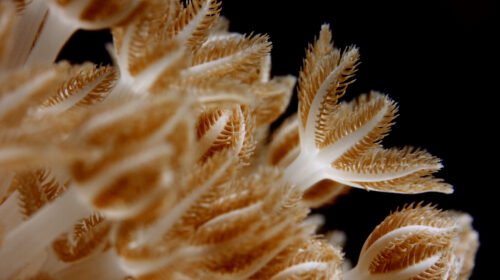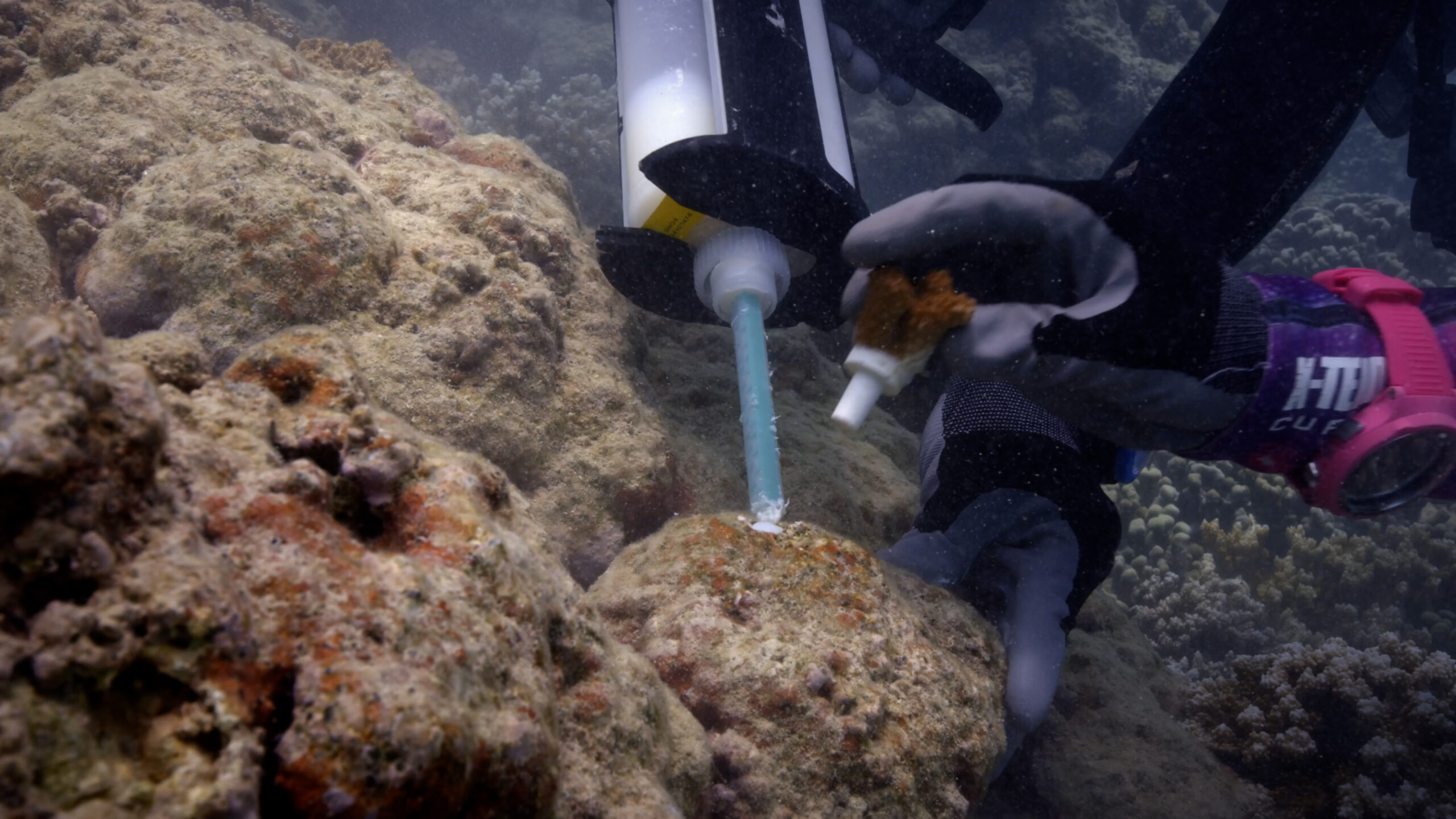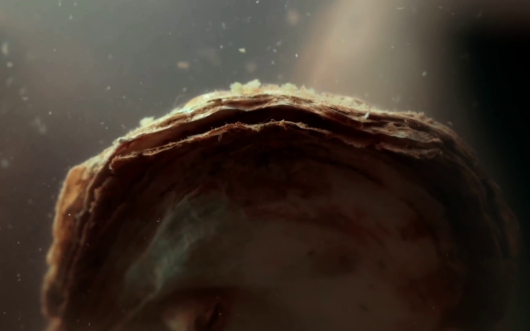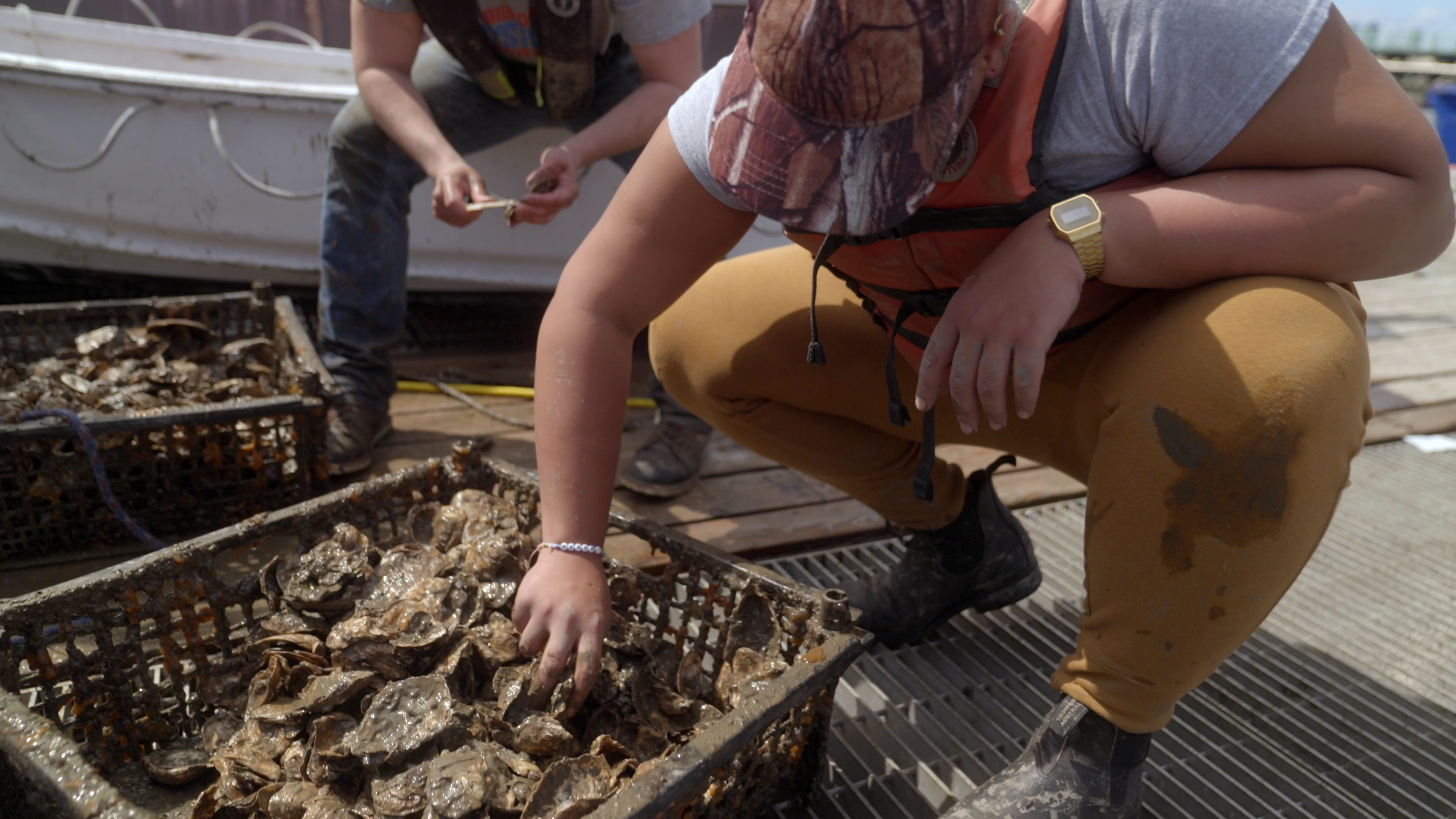Stories featured in WILD HOPE explore many varying causes to biodiversity loss, like invasive species or habitat fragmentation, which can be directly combatted and reversed with human intervention. The crisis of coral reef bleaching stands apart: the cause of this degradation is the warming of ocean temperatures due to climate change. It’s for that reason that the work of the Coral Resilience Lab is so critical — if we cannot combat coral bleaching at its root cause, then the efforts to build resilience are more important than ever.
Confronting issues like coral bleaching, among the many other impacts of climate change that lay before us, is a challenge in its own right. These are concerns that can develop into eco-anxiety, a source of stress that presents real concerns in our daily life. In addition to finding opportunities to engage in solutions, it is also pivotal for the conservation movement to understand and manage eco-anxiety — one of the first, necessary steps on the path to planetary change.
Adopt a Coral!
Join us in restoring the coral reefs of Maunalua Bay by participating in Mālama Maunalua’s ‘Adopt a Coral‘ initiative. Your support will not only help preserve and restore our precious coral reefs, but also contribute to the resilience and health of this vital ecosystem for generations to come.
Support coral resilience and adopt a coral today!
Illustration of a no-bg-image
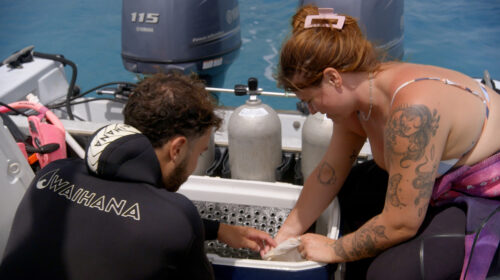
Take care of yourself; take care of the planet.
Corals aren’t the only species that need to build resilience to manage the challenges of our changing planets; we do too. Understanding how to identify and manage eco-anxiety can be one of the first steps to help our planet’s biodiversity crisis. Tap into the resources of the Climate Mental Health Network to learn about ways you can take care of yourself and others around you in the face of eco-anxiety.
Read more about their available mental health resources
Illustration of a no-bg-image
